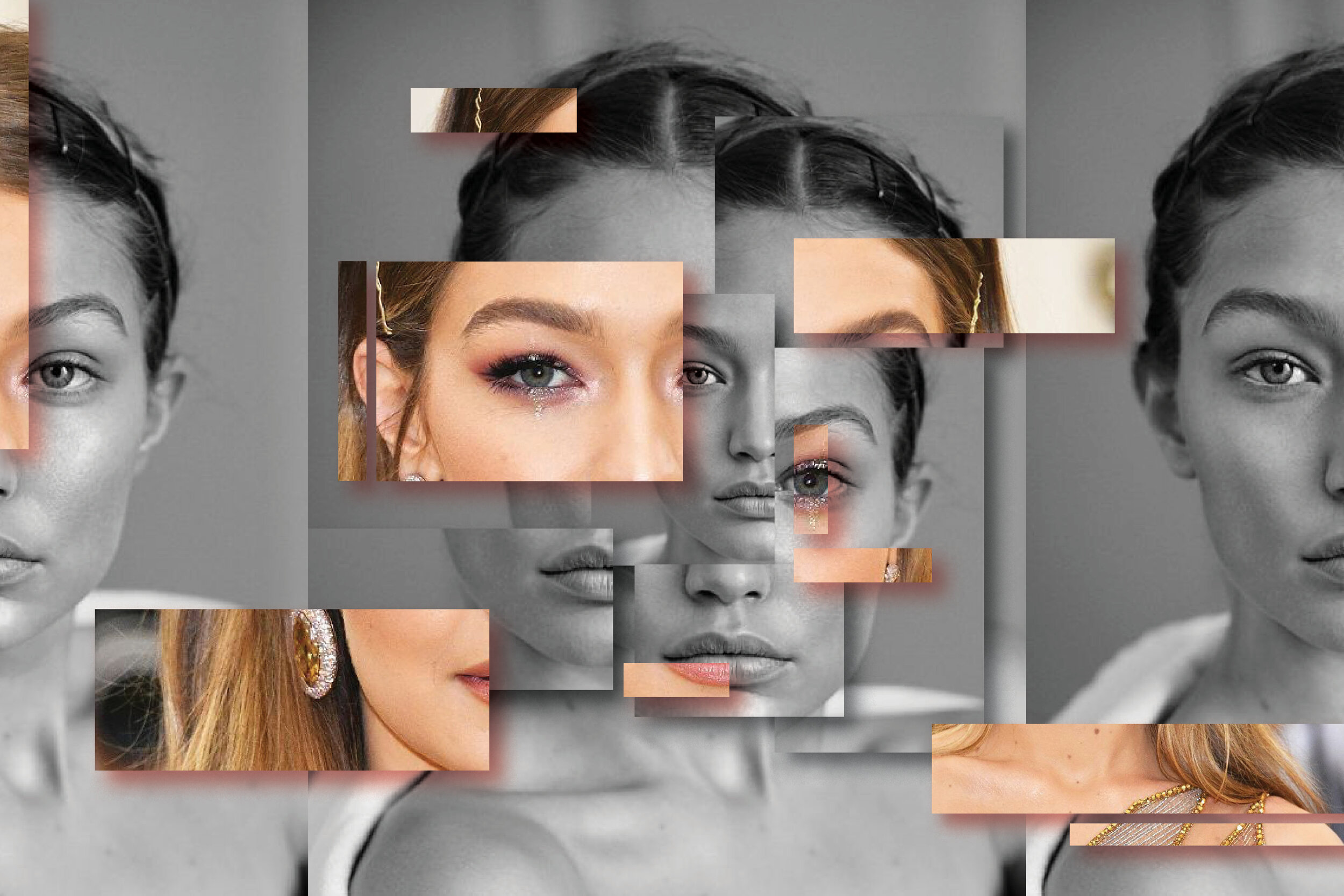Too Much or Not Enough: The Beauty Industry’s Push Towards Natural Beauty
The beauty industry is a multi-billion dollar conglomerate of brands and enterprises all vying for consumers. According to Forbes Magazine, the global beauty business itself is worth $523 million, and it has only continued to grow. By 2024, it’s predicted to increase to $863 billion.
A popular product called “cloud paint” from makeup and cosmetic brand Glossier; Image via Business Insider.
Because the beauty industry has great amounts of economic control, what is its effect on consumer culture? In what ways does the cosmetic industry affect our social norms and practices?
The New York Post says that American women spend a monthly average of $313 on their appearance; most of this cost centers around daily skincare and makeup routines. Julianna Zitron, a freshman at Northwestern, is no exception.
“When I get ready in the morning, I always like to put on at least a little bit of makeup,” Zitron says. “Not because I feel like I need to, but because it’s an easy way to feel more prepared and awake for the rest of the day.”
In the age of social media, many women are either insecure that they are wearing too much makeup or that they’re not wearing enough. Makeup can be marketed to hide blemishes, but it can also be marketed as a tool of self-expression. Is the cosmetic industry simply profiting off of our collective insecurities, or is it empowering us to express ourselves?
Hannah Cole, another Northwestern freshman, often grapples with this dilemma. Cole has experienced unsolicited judgment about the amount of makeup she wears.
“It's difficult because I want to express myself through makeup,” Cole says. “However, some people like to comment or brag that they don’t wear any makeup. So I feel torn between wanting to wear a bunch of colors or dark eyeliner, for example, and wanting it to look natural.”
Claudia Sulewski, a Youtube and Instagram influencer, posted a video entitled “‘No Makeup’ Makeup.” On social media, it’s trendy to try to achieve a flawless face without looking like you used makeup.
STITCH sat down with Michelle Taylor, an established business woman who has served as the CEO of Kate Somerville Skincare, President of Kiehl’s, Senior Vice President of L'Oreal and Lancome and Marketing Director of Chanel Beauty.
Michelle Taylor recently served as the Commencement Speaker at USC’s Marshall School of Business, inspiring others to be true to themselves in whatever they pursue; Image via University of Southern California.
“There has definitely been a trend toward communicating that beauty is really how you feel,” Taylor says. “Beauty has more of a spiritual aspect: like happiness from within and optimism.”
The dichotomy of makeup can be difficult to grapple with: too much and you’re tacky, too little and you’re lazy. Taylor says the source of this judgment is not necessarily from the industry itself, but from social media.
“The industry is not pushing makeup. We exist to sell products, but it is up to whoever wants it. People can do whatever they want to do,” Taylor says. “I think social media is the problem, not the industry. You should be able to express yourself however you want.”
Although social media trends are what set beauty standards, not the beauty industry, companies still go to great lengths to market products which cater to influencers' tastes. Afterall, in order to be successful, brands must satisfy the trend-obsessed customer. When trends are not to your liking, though, problems may arise.
Euphoria, a television show released in 2019, inspired many to try bold makeup looks with bright colors and unique designs; Image via Glamour.
Makeup can be an empowering tool for self expression if you detach yourself from standards of how you should or shouldn’t look. Taking care of yourself by using skin products with proven efficacy can be a form of self-care if you make it one. The artistic use of products can be a form of self-expression if you let go of the judgment of others.
Taylor described an encounter in which a fellow woman colleague approached her and desperately asked for her product recommendations. She was deeply insecure about her skin and wanted to do whatever it took to take better care of it. Months after Taylor gave her tips, she reached out to Taylor several times and told her how much better she felt about herself.
“If the industry I work in has the power to do that, then sign me up,” Taylor says. “I love it, and I think it brings people optimism. Beauty and skincare are optimistic.”





